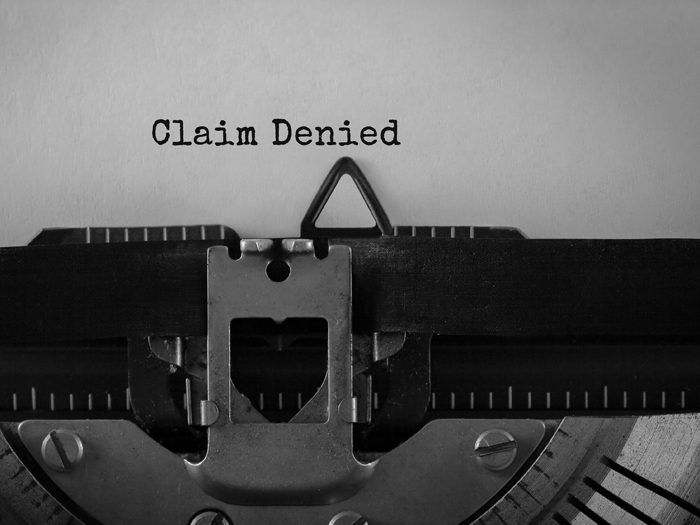The Law
‘Lack of Notice’ Leads to Zero Coverage for Employment Practice Lawsuit

Hector Villalobos was fired on August 27, 2014. On September 3, he filed a charge of discrimination against his former employer, Permatron Corporation.
Months later, he filed amended charges of discrimination against Permatron based on age, national origin and unlawful conduct by the employer. Before termination, Villalobos attempted to exercise his rights under the Workers’ Compensation Act. He said this was the reason for his termination.
In court, the allegations deepened when Villalobos amended his claim yet again and alleged Permatron’s president, Leslye Sandberg, refused to answer questions from prospective employers about Villalobos.
Permatron turned to Twin City Fire Insurance Company for coverage. It held two insurance policies with Twin City, both aimed at covering liabilities stemming from employment practices.
The insurer, however, denied coverage for the underlying suit, citing a lack of notice. Also, Section X of the policy barred coverage for interrelated wrongful acts.
Waiting until an underlying suit progresses can only hurt an insured. Open communication with an insurer from the beginning and timely reporting of claims can go a long way.
Twin City defined interrelated wrong acts as any “Wrongful Acts that have as a common nexus any fact, circumstance, situation, event, transaction, goal, motive, methodology, or cause or series of causally connected facts, circumstances, situations, events, transactions, goals, motives, methodologies, or causes.”
Sandberg’s refusal to answer questions on behalf of Villalobos, it argued, was considered an interrelated wrongful act. The insurer sought declaratory judgment in court that it did not have the duty to defend Permatron in the underlying suit. Permatron filed a counterclaim alleging breach of contract.
The court reviewed policy language. In order for coverage to kick in, Permatron needed to notify Twin City of Villalobos’s claim within 180 days. Reviewing the underlying suit, the court saw that from Villalobos initial claim on Sept. 3 to the point of contact between Permatron and Twin City was 300 days — well beyond the policy requirement.
Permatron argued the amended claim would fall under the 180-day rule, but Twin City said the amended claim violated the interrelated wrongful acts clause, because Sandberg was a named defendant in the suit.
Scorecard: The court ruled in favor of Twin City Fire Insurance Company, saying the insurer was not responsible for the Villalobos suit or any related claims stemming from that suit.
Takeaway: Waiting until an underlying suit progresses can only hurt an insured. Open communication with an insurer from the beginning and timely reporting of claims can go a long way. &










